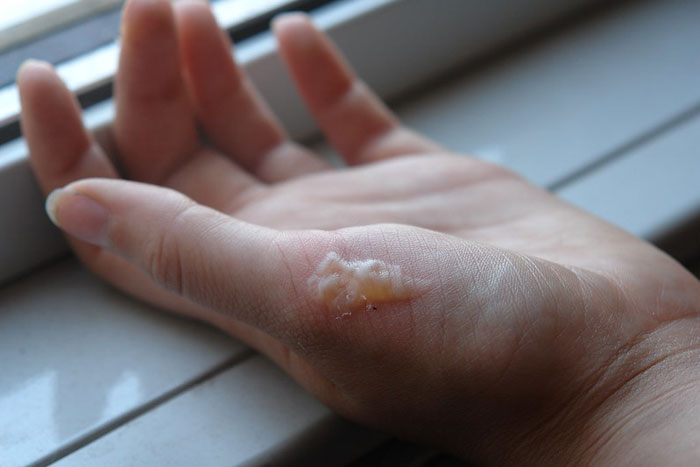Sometimes, lack of knowledge, fear, and unreadiness make dealing with burn injuries extremely difficult. You need to be quite patient as well as understanding. The injuries which occur due to burns often leave people in a state of shock and pain. Ultraviolet radiation or sunburns can result in minor burns, but severe burn wounds can be caused by direct flames, electrical contact, or toxic chemicals that are highly unsafe. These types of burns require immediate medical attention. After suffering such burns, contacting a law firm is almost as essential as getting medical attention. A good lawyer will help you pay for your medical treatment if the burn was caused by someone else’s negligence. There are many types of burn injuries, but in case of electric shock injury occurs, it is within your rights to contact an electrocution injury lawyer right away.
Medical experts have classified burns in four groups (as first-degree burns, second-degree burns, third-degree burns, and fourth-degree burns). Depending on the seriousness of the burn, specific treatments will be prescribed. In this article, we will discuss first-degree burns.
What is a First Degree Burn?
First-degree burns, also known as a superficial burn, are considered mild compared to other types of burns. The injury caused by the first-degree burn usually affects the first layer of your skin. Hence, resulting in pain and causing redness of the outer layer of skin. They usually don’t need immediate medical care and can be treated at home by following general first-aid tips.
Primary Treatment for First Degree Burn
- It would help if you took off all jewellery as well as clothes from the injured area. Now place the burnt area under running cold water for almost 5-10 minutes. Some cold compress can also give you some relief.
- If you get the burn because of chemicals, you need to clean the area thoroughly until the chemicals are completely washed off. Then it would be best if you visit your doctor as soon as you can.
- Some over the counter pain soothers can also be applied after the cold-water process. However, if you find it not giving you that much relief, you need to consult your physician.
- You can also use the clean sterilized gauze over the affected area after washing it well. But remember to avoid using adhesives, bandages or any other cotton-made dressings on the affected area.
- Never try to pierce the blisters, it will affect the healing process as well as open the possibility of infection. Also, try to avoid peeling off the dead burnt skin. When the area gets dry, it will fall off automatically.
- To get faster relief, you can also try consuming safe quantities of vitamin E, C & zinc. If you don’t get that much relief within the next few days or notice some infection breaking out, then don’t waste any more time and visit your doctor.
- To escape the condition getting worse, you need to avoid applying any type of ointment or butter or oil. Antiseptic cleanser can be used while cleaning your affected area under the running water.
Some Important Tips to Memorize
- Burns lead to decaying of your skin tissues so that it could lead to conditions like dehydration, infections, hypothermia etc. So, when the patient complains about cold sweats or weakness, dizziness, fever, etc., then you need to consult with your physician.
- When the area is going through a healing process, you need to wear some loose type of cotton or silk clothing. Harsh materials can make the affected area worse.
- When you experience any kind of swelling because of burn (particularly in the neck as well as face areas), don’t waste any more time to consult your physician.
Image source: Mandy Jouan

